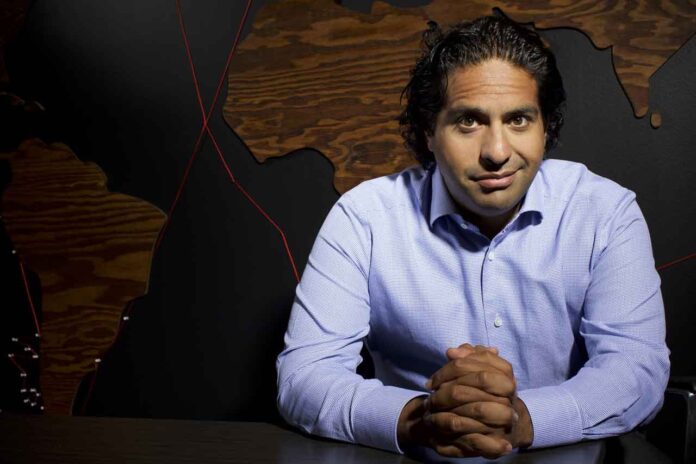With shareholder engagement becoming increasingly prevalent among public companies, activist hedge funds are playing more of a pivotal role in reshaping corporate governance and influencing management decisions.
An activist hedge fund holds a stake in a public company and engages in a campaign among shareholders and Board members to persuade them to consider and adopt value-enhancing strategies suggested by the fund’s managers.
These strategies could range from a change in executive leadership, to siphoning off certain assets of the company that are underperforming, to adopting peer-proven practices that will create long-term gains for the company.
For fund managers, this process is exciting and entrepreneurial, and it requires a level of judgment, courage and decisiveness that takes many years to hone and perfect.
“To be successful as an activist fund, you have to love the process of identifying and researching hidden opportunities that the market has missed,” says Moez Kassam, Chief Investment Officer of Toronto-based Anson Funds.
Kassam’s firm has received significant attention for its success, being recognized as a top-performing investment manager by Barron’s, Bloomberg and HedgeWeek. Since 2007, Kassam has grown the fund to manage over $2.0 billion in assets.
Anson Funds’ activism strategy is led by Portfolio Manager Sagar Gupta, who employs a concentrated approach to its investments in small- and mid-cap equities, primarily in the U.S. and Canada. This targeted approach has yielded results by engaging directly with boards and management to unlock value for shareholders.
Anson Funds focuses on companies with significant valuation potential. According to Sagar Gupta, the key to the firm’s success is in identifying opportunities where their expertise can have the greatest impact. “We look for companies where we can make a difference, where our engagement can help unlock value not just for Anson, but for all shareholders,” Gupta explains.
This approach contrasts with the broader, diversified investment strategies of many other hedge funds. Anson Funds’ activism strategy maintains a smaller, concentrated portfolio, allowing for a more hands-on approach with each company in which they invest.
“By focusing on a select number of investments, we can devote the necessary time and resources to actively work with management teams and boards to implement change,” Gupta adds.
A cornerstone of this type of strategy is direct engagement with the boards and management of portfolio companies. This collaboration is often conducted behind the scenes, with the goal of fostering a positive, constructive dialogue.
Kassam believes in the power of networking and conducting thoughtful, cooperative conversations with management teams to direct his strategy. In this way, funds can form an idea of the larger picture, identify key missteps and find ways to unlock value through operational improvements.
Activist hedge funds must be willing to make their ideas public so that shareholders and members of a company’s board will put their support behind it. They must be willing to exercise their shareholder rights in a public forum and hold management accountable.
While Anson Funds’ preference is to work quietly behind the scenes, they have shown a willingness to take their campaigns public when management teams are unresponsive. The firm has demonstrated its commitment to exercising shareholder rights in the public eye if needed.
“Going public isn’t the first option of course, but it’s a necessary tool when private conversations aren’t leading to the right outcomes,” says Kassam. “It’s about ensuring transparency and accountability for the benefit of all stakeholders.”
As hedge fund activism continues to evolve, behind-the-scenes engagement with corporate boards in order to exercise public shareholder rights will become increasingly widespread. Anson Funds’ model is designed to be flexible and adaptive, focusing on returns for shareholders and solid corporate governance. Its success will likely lead to this model being replicated by activist funds aiming for similar outcomes.







